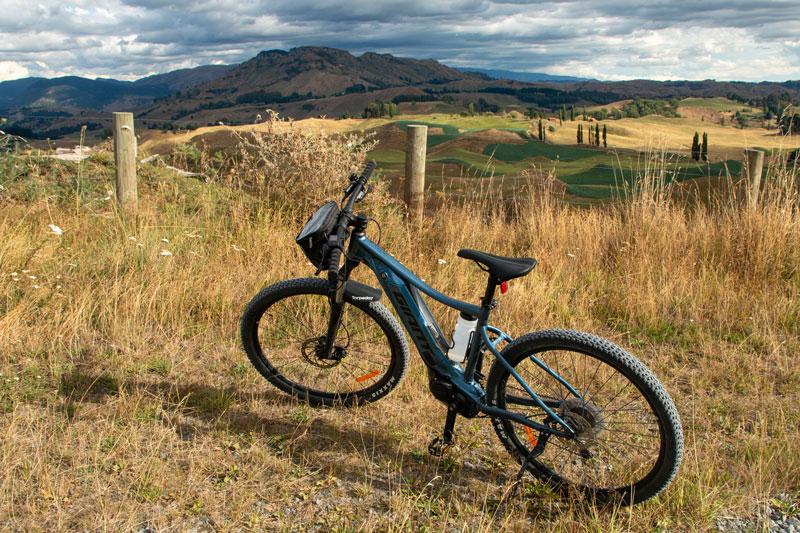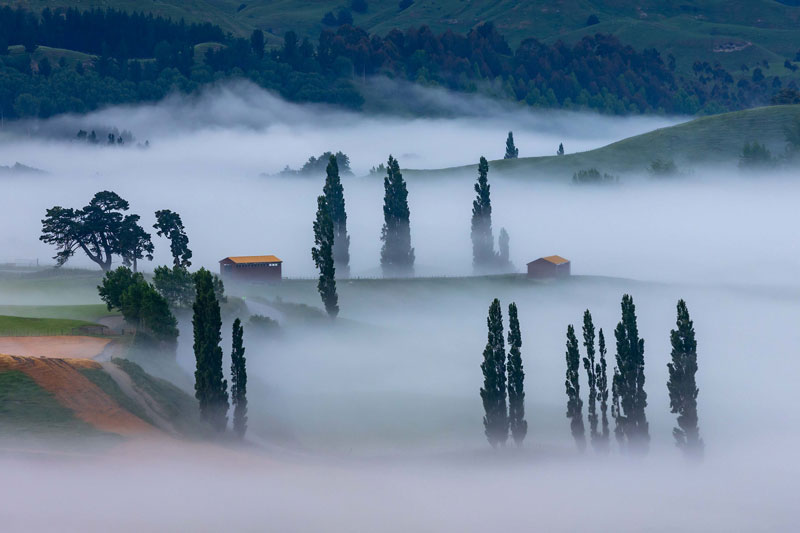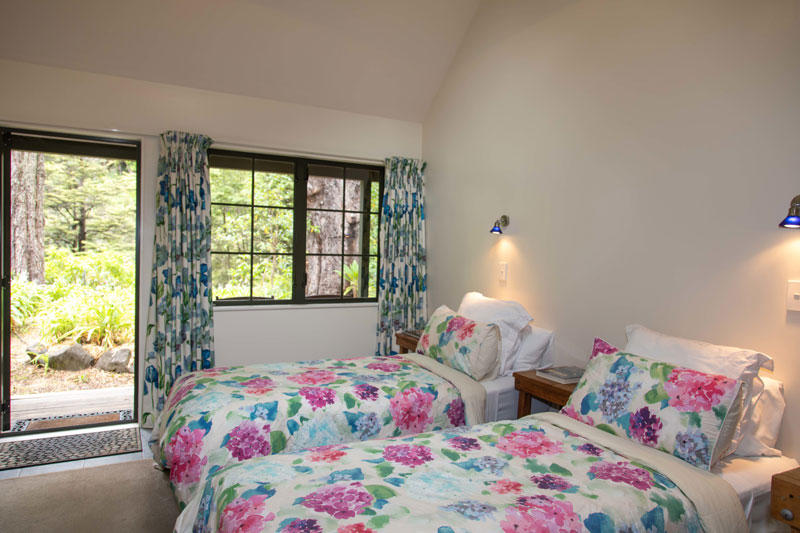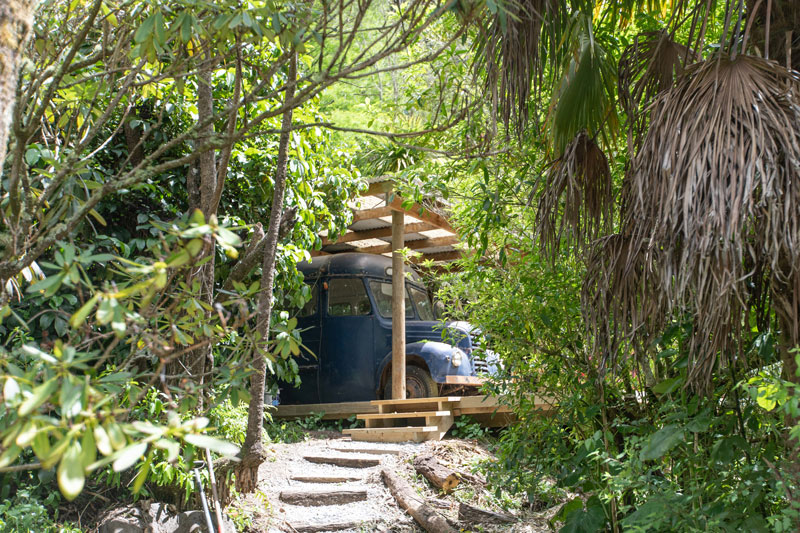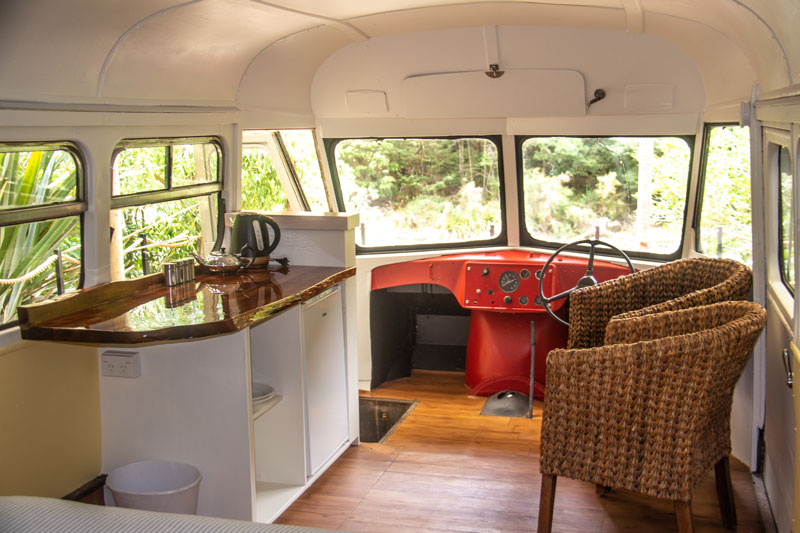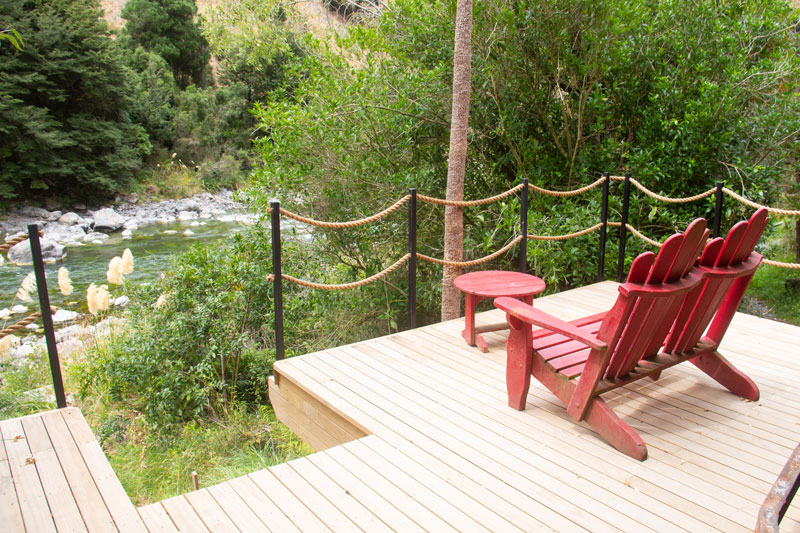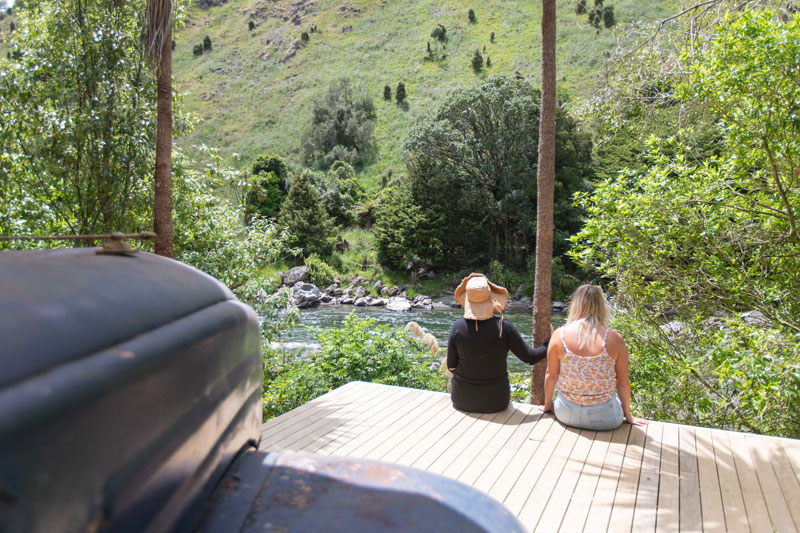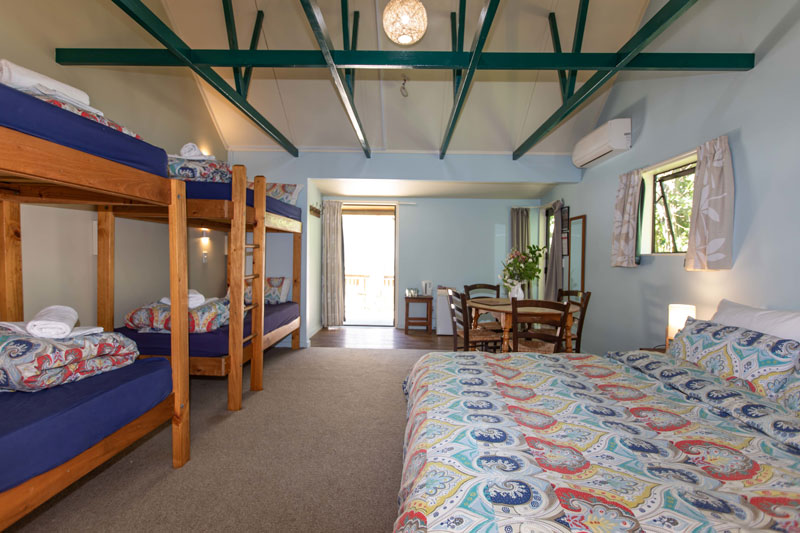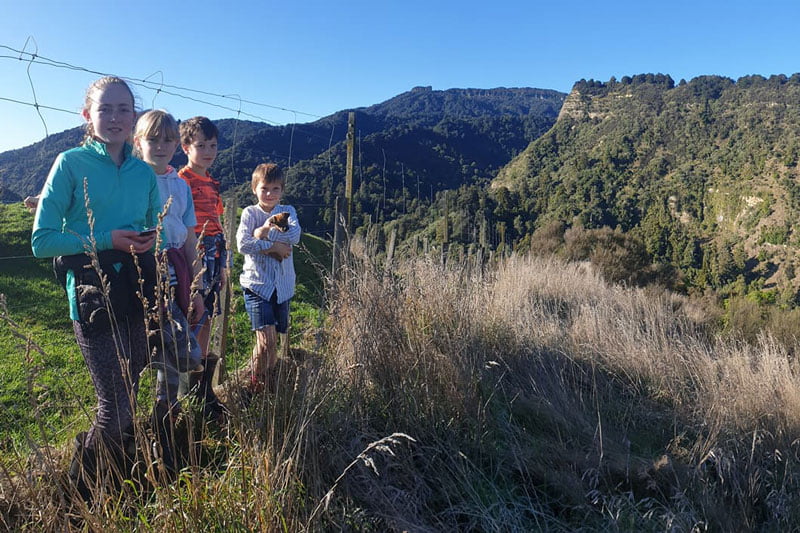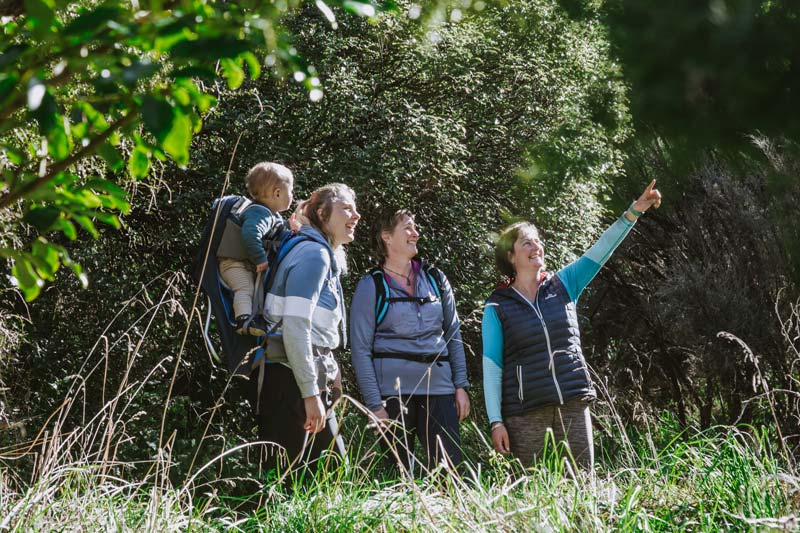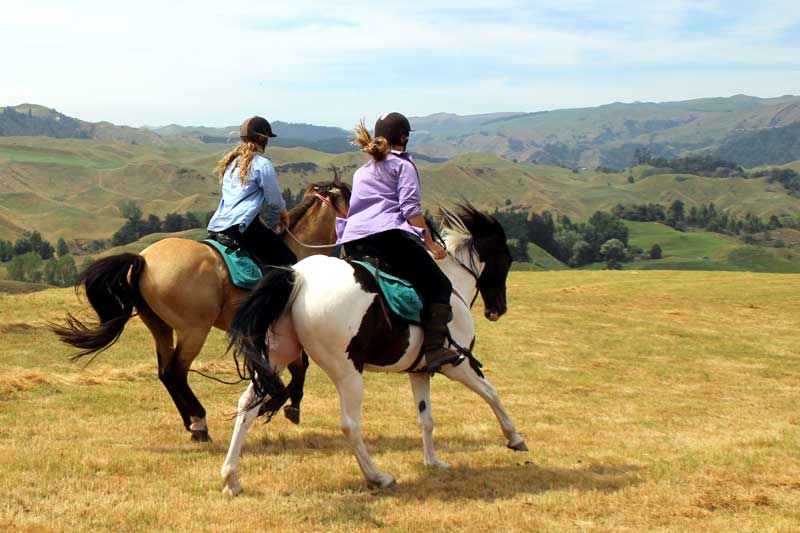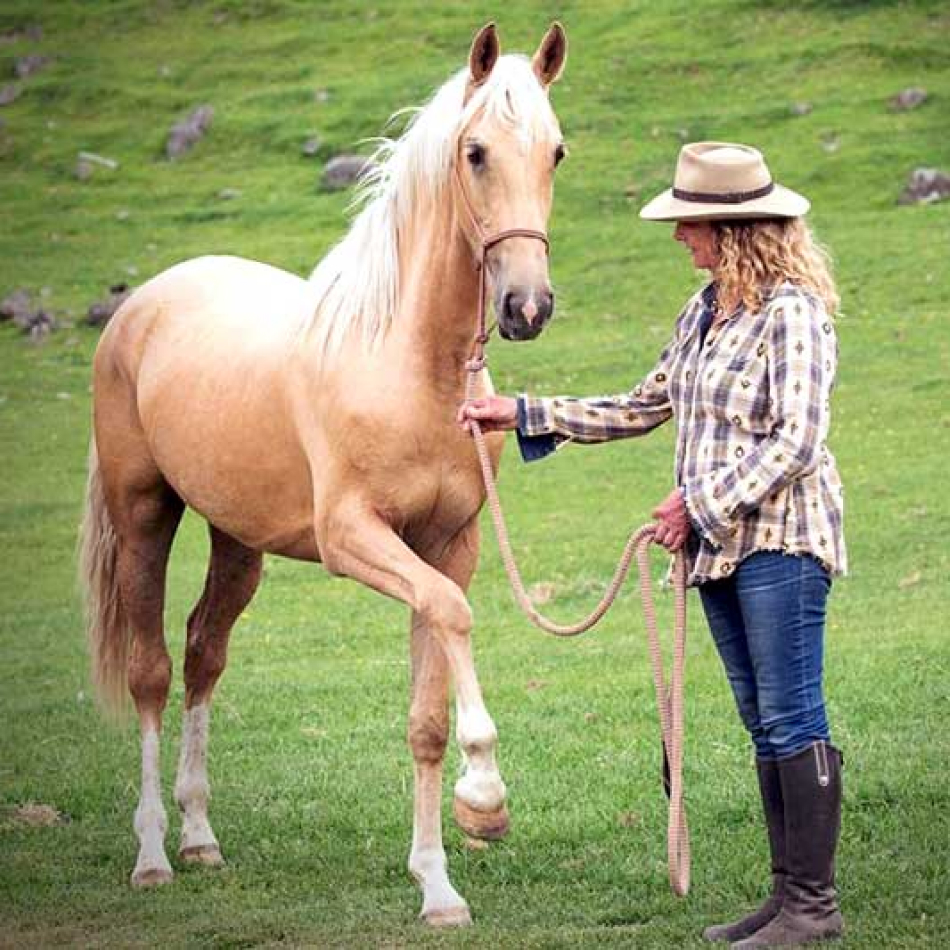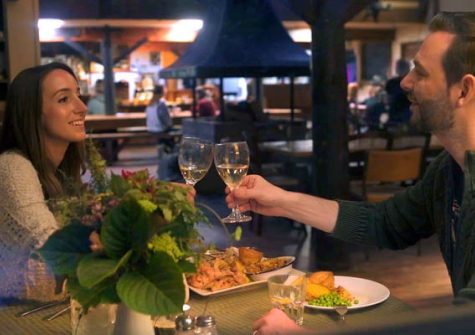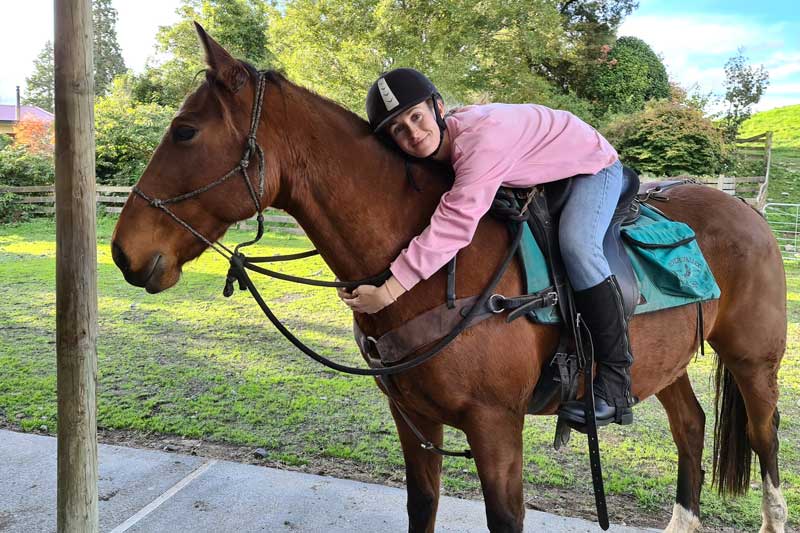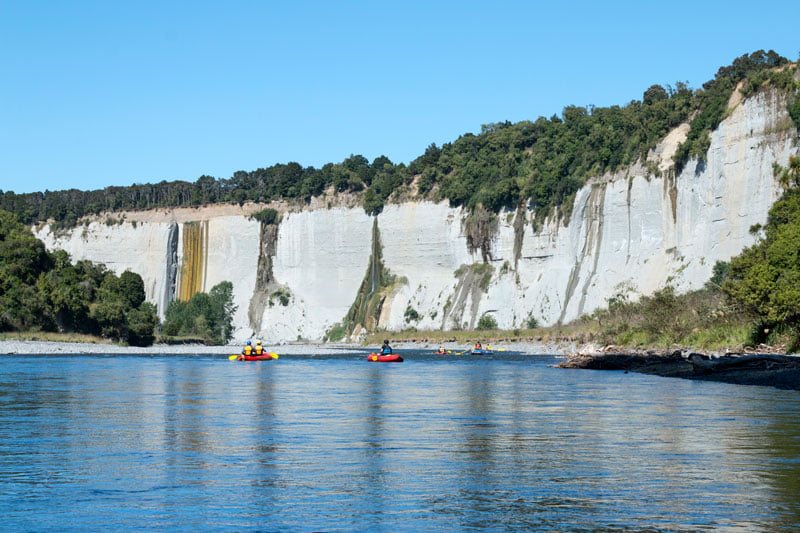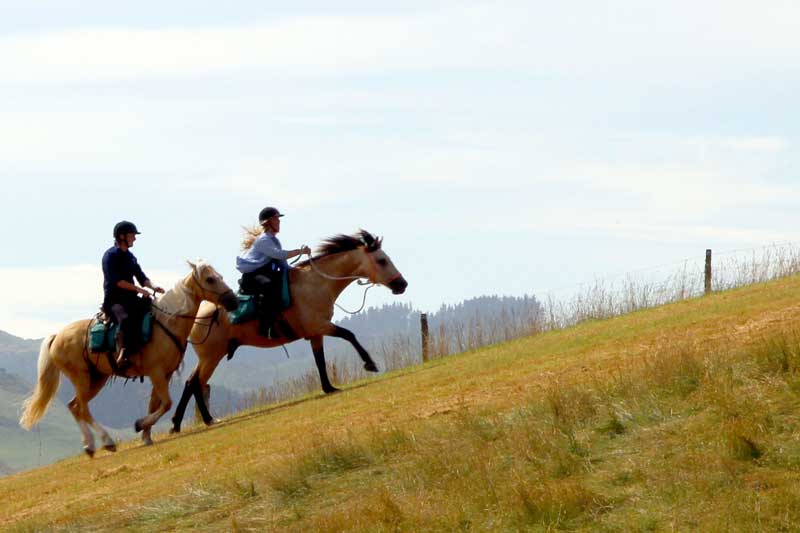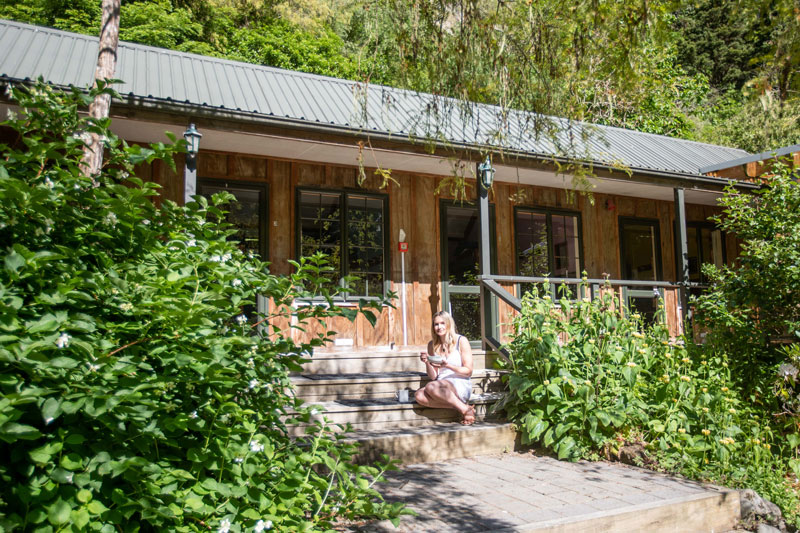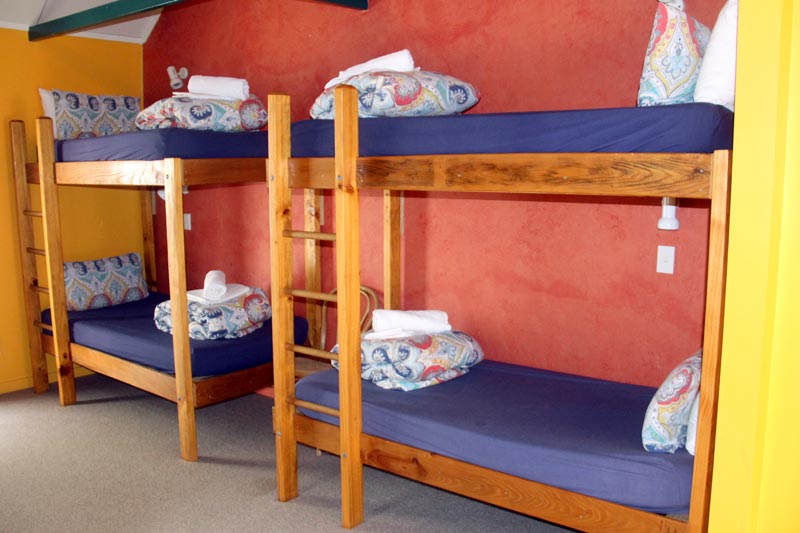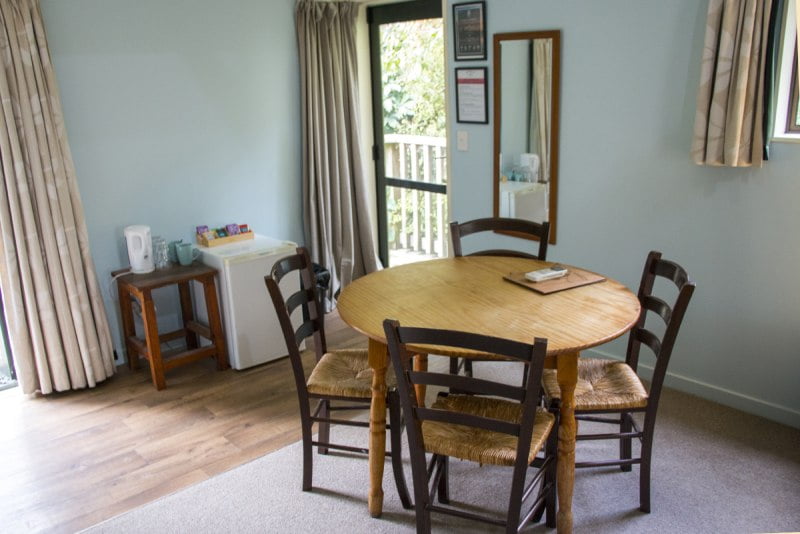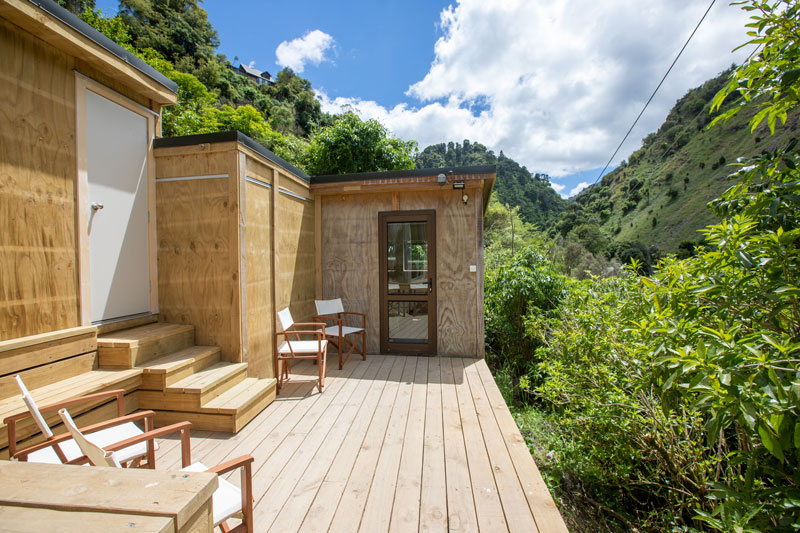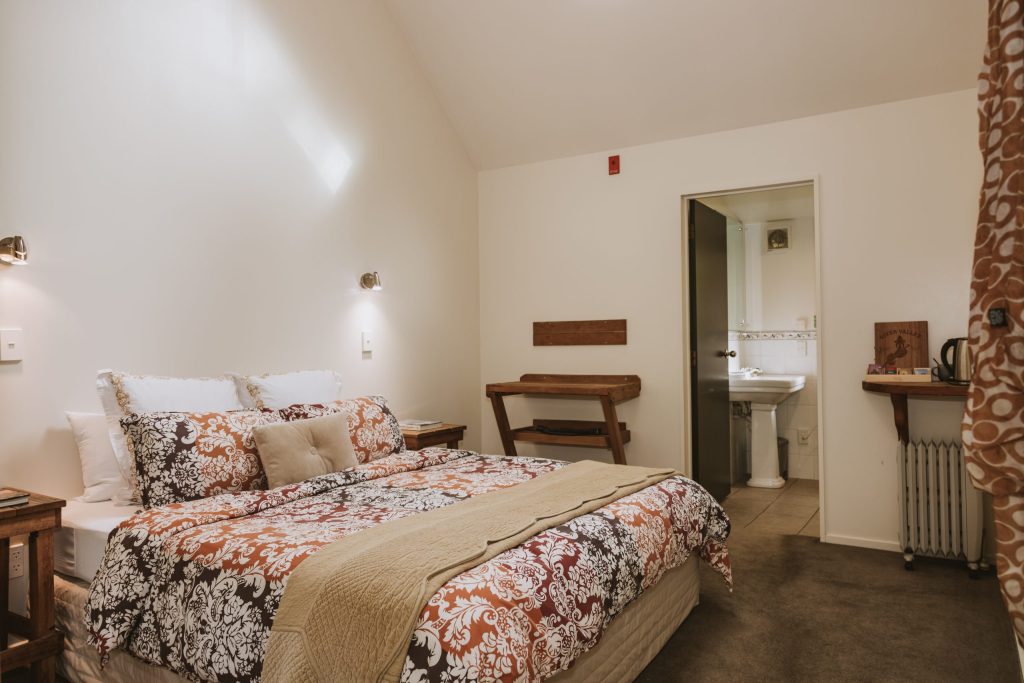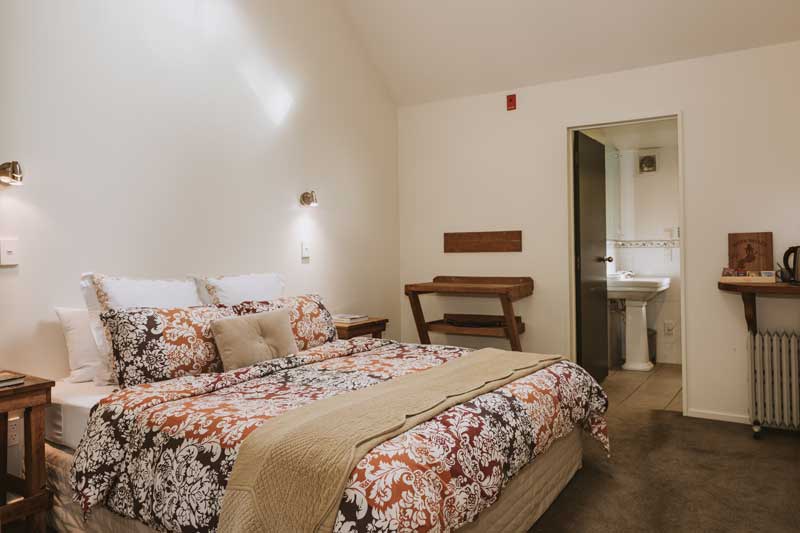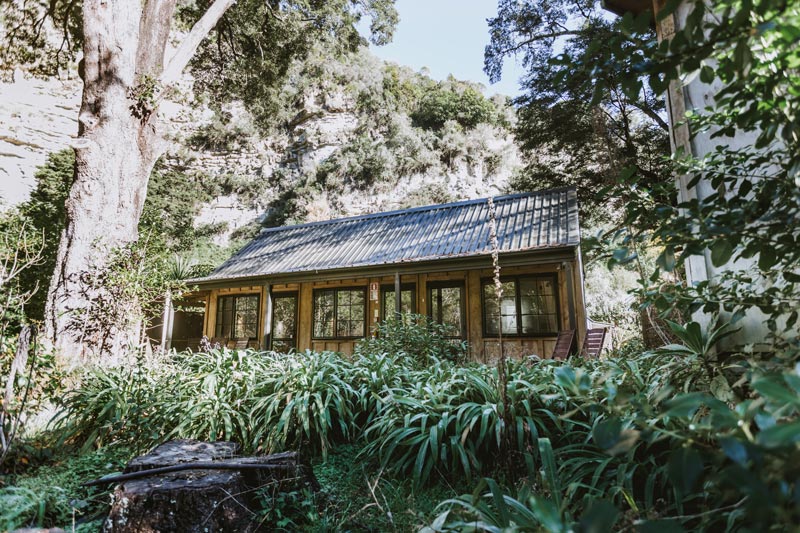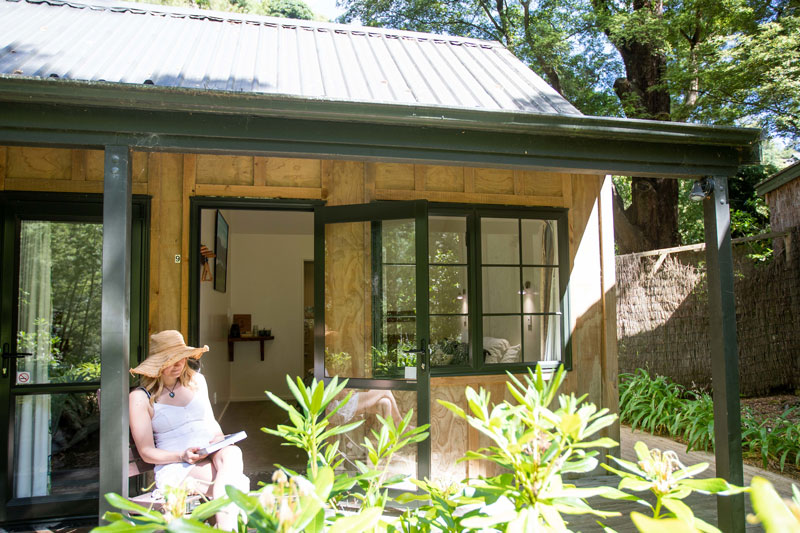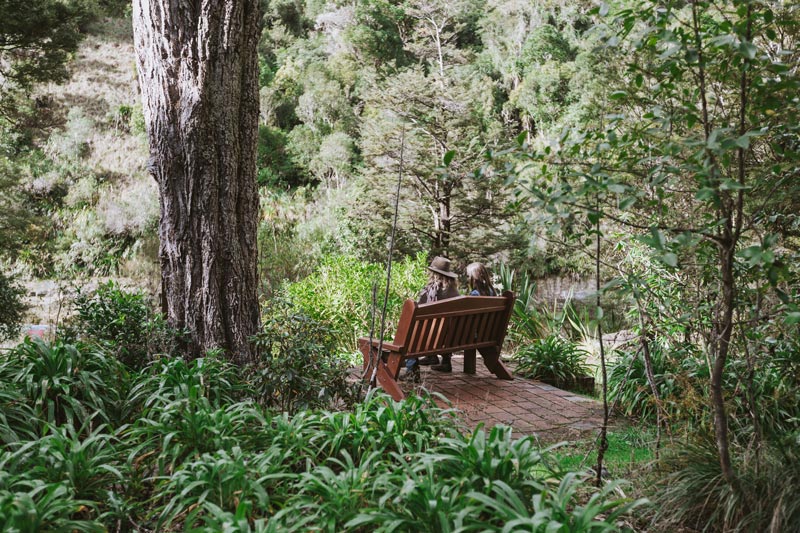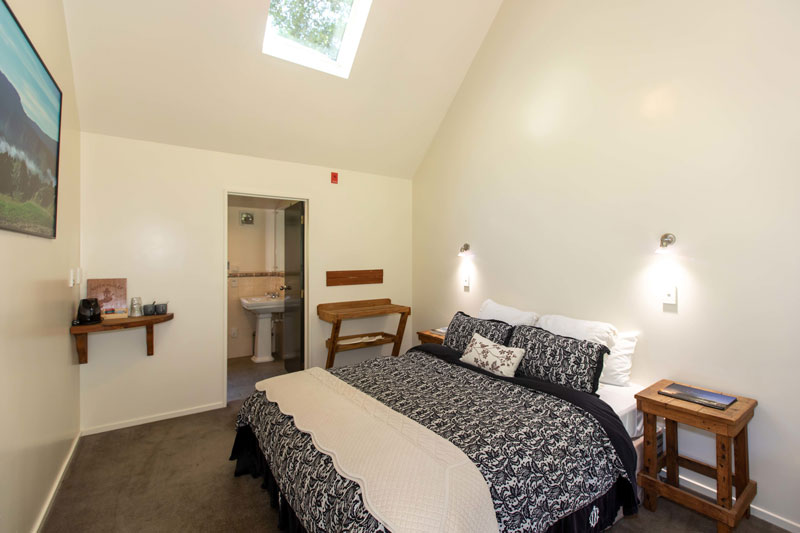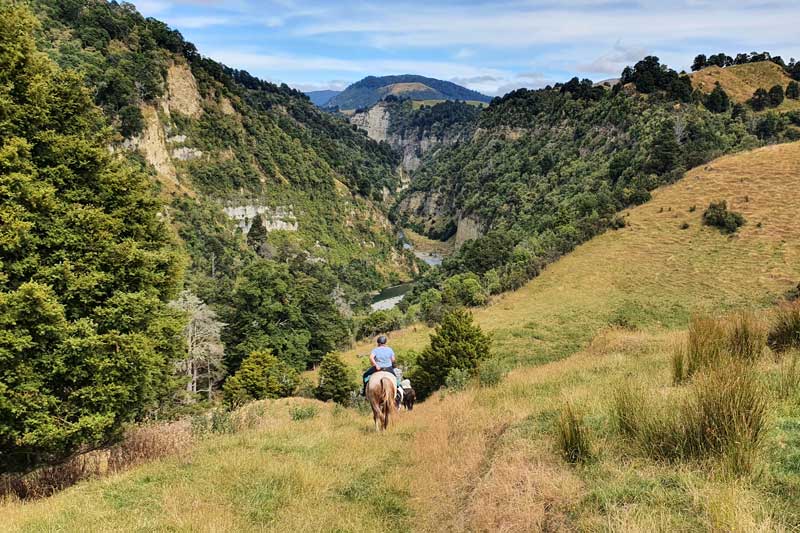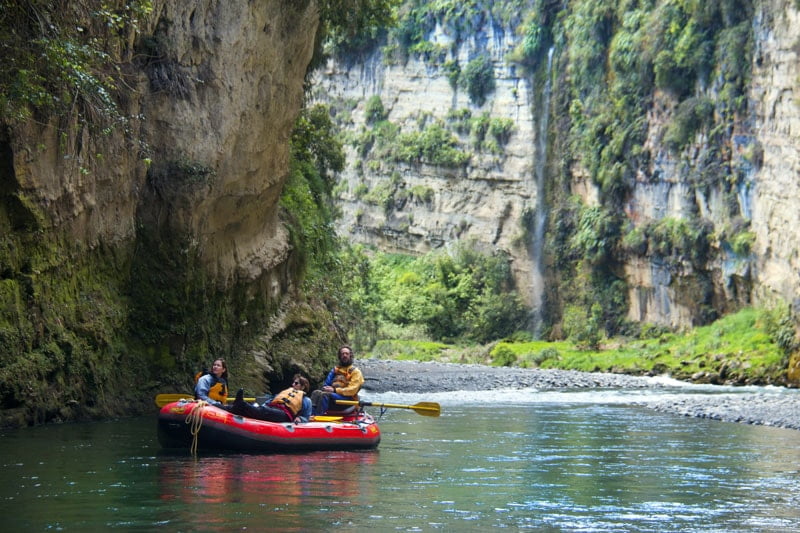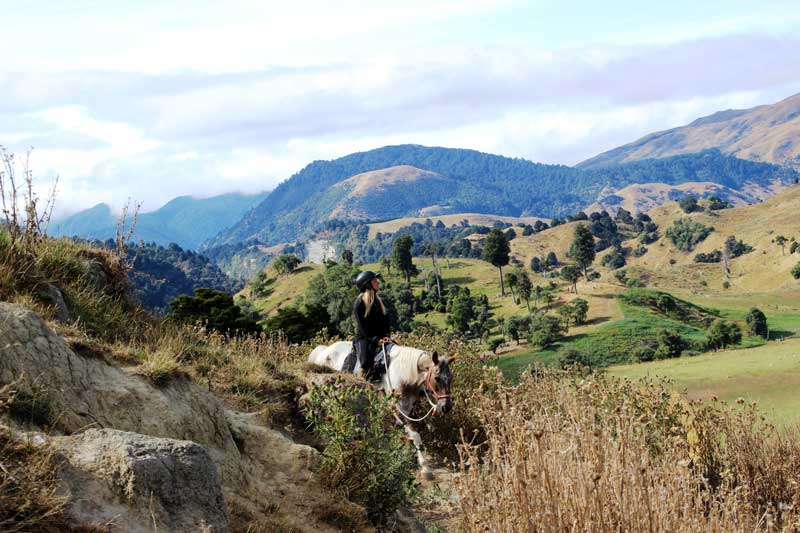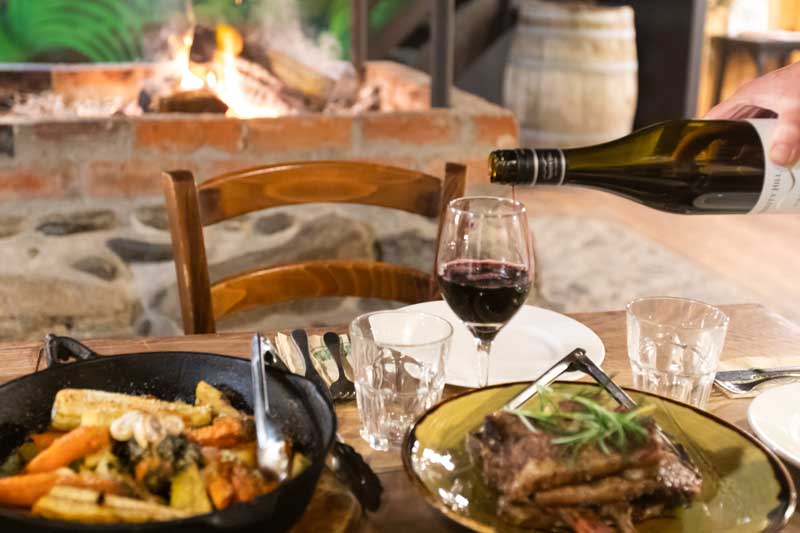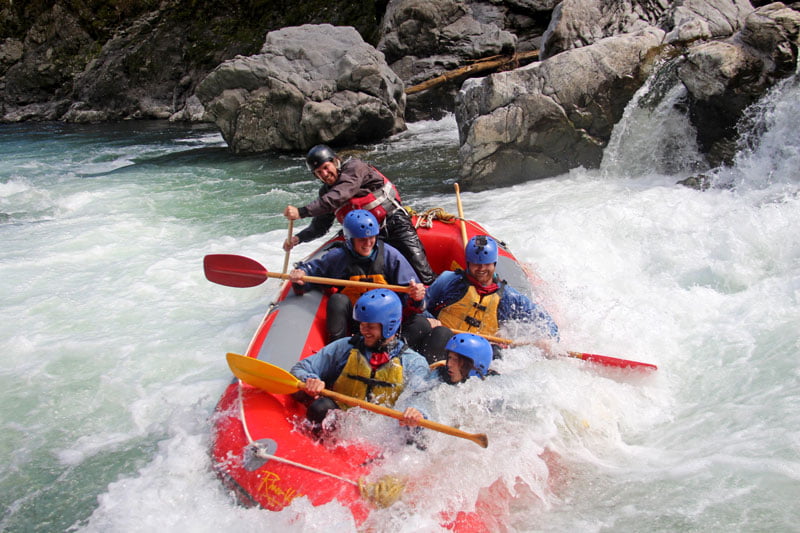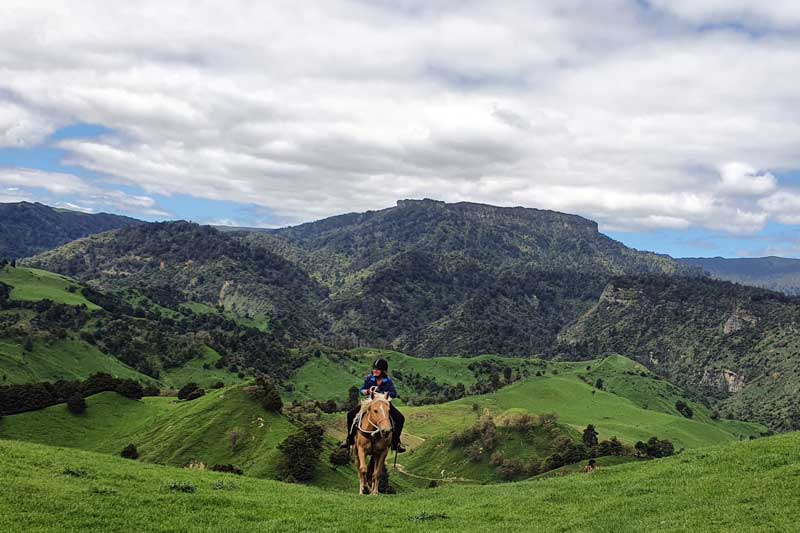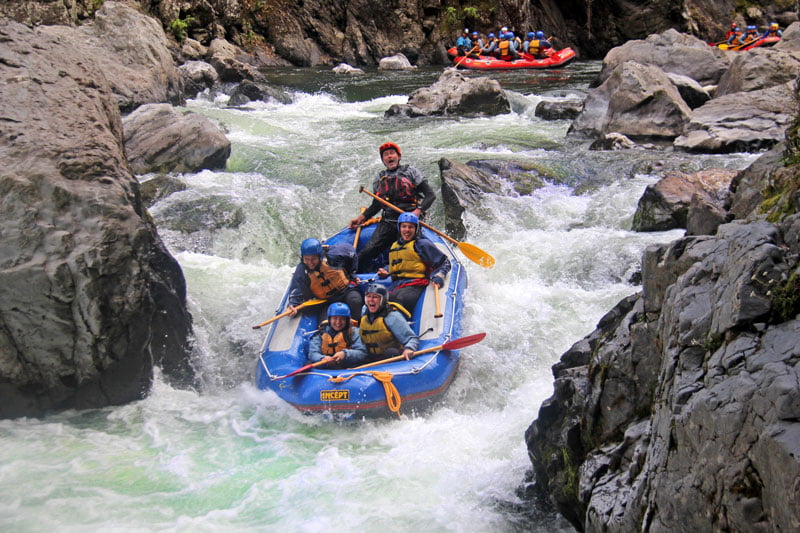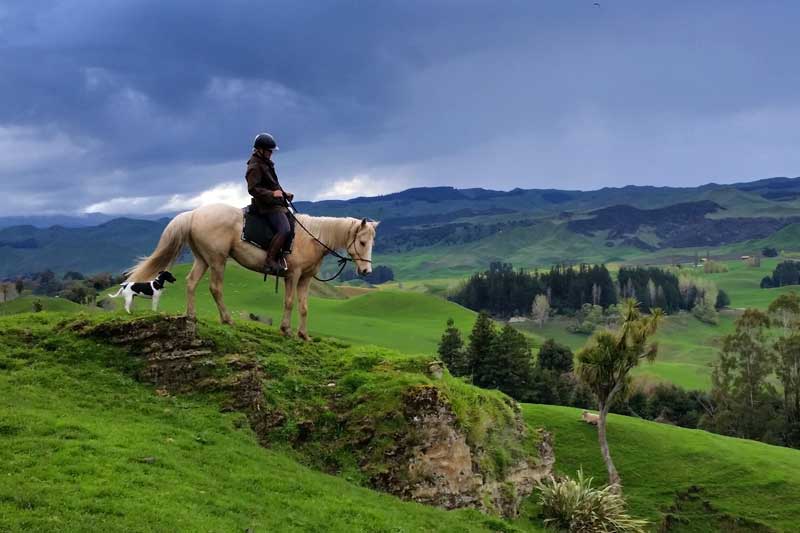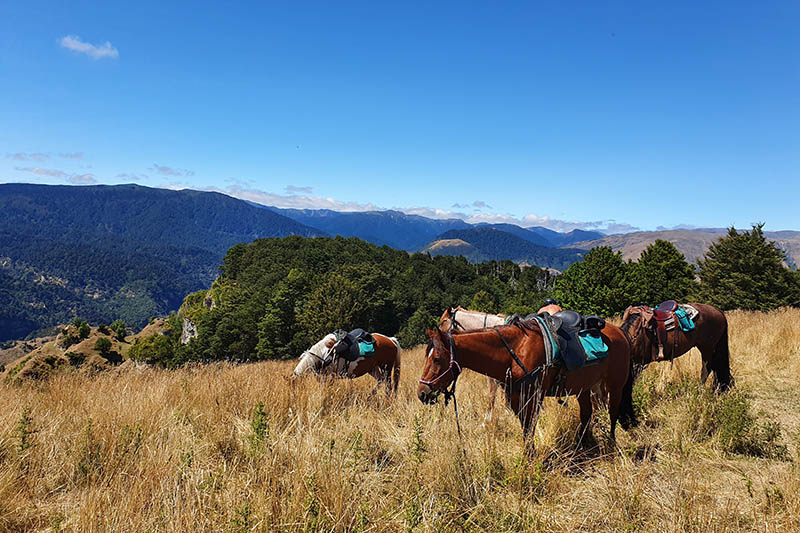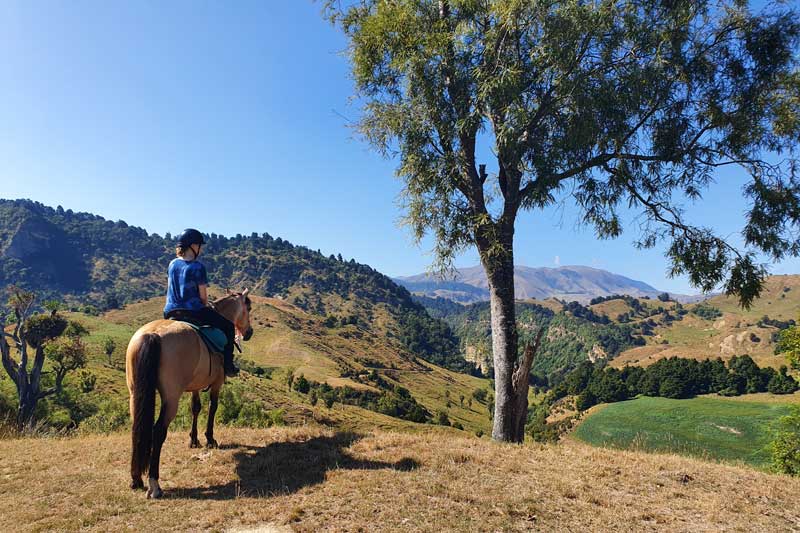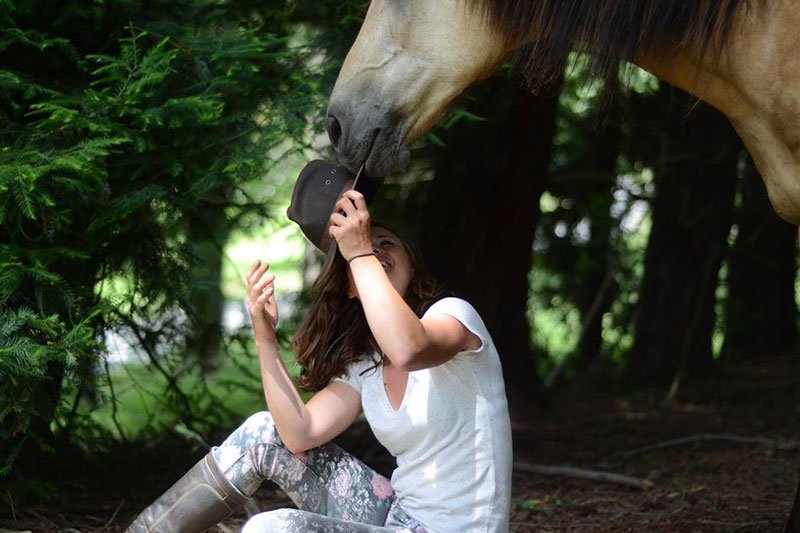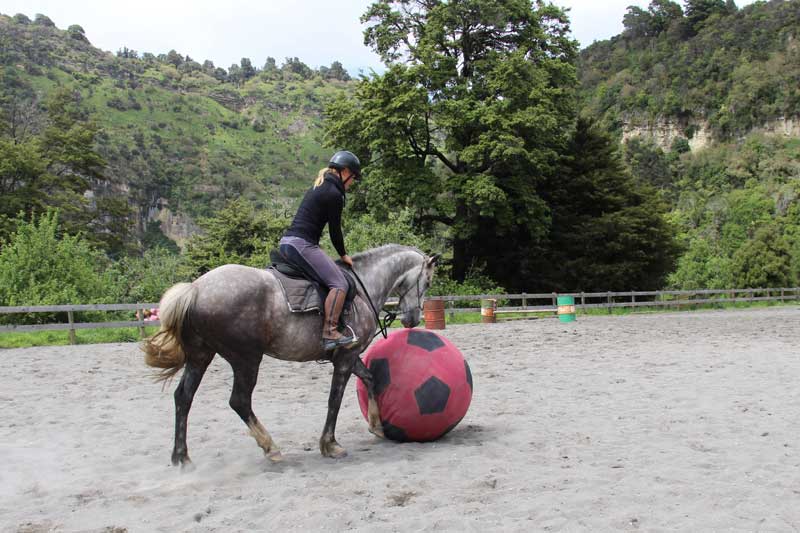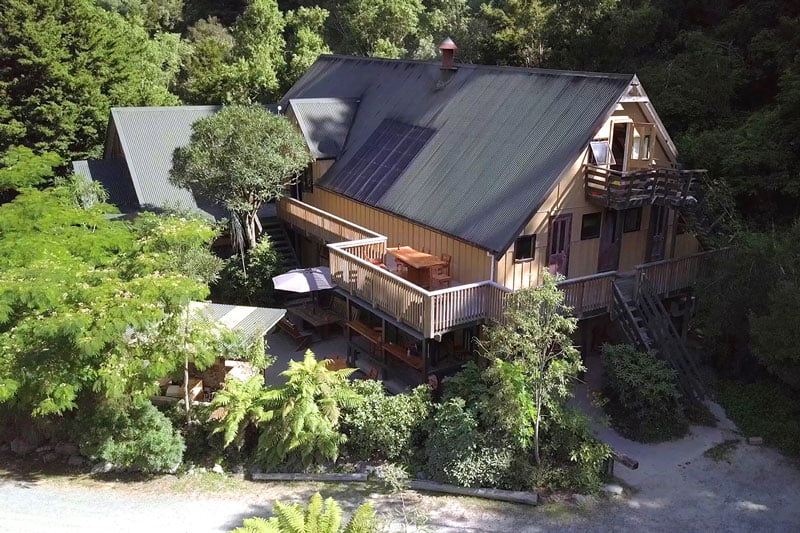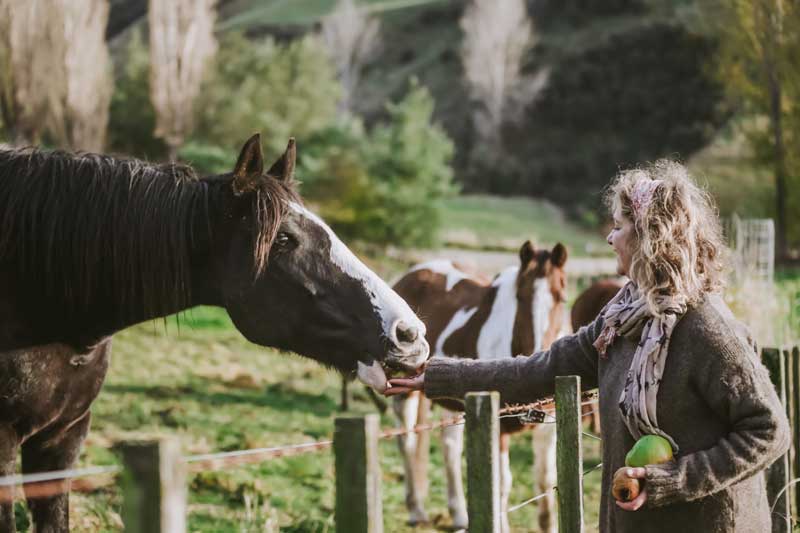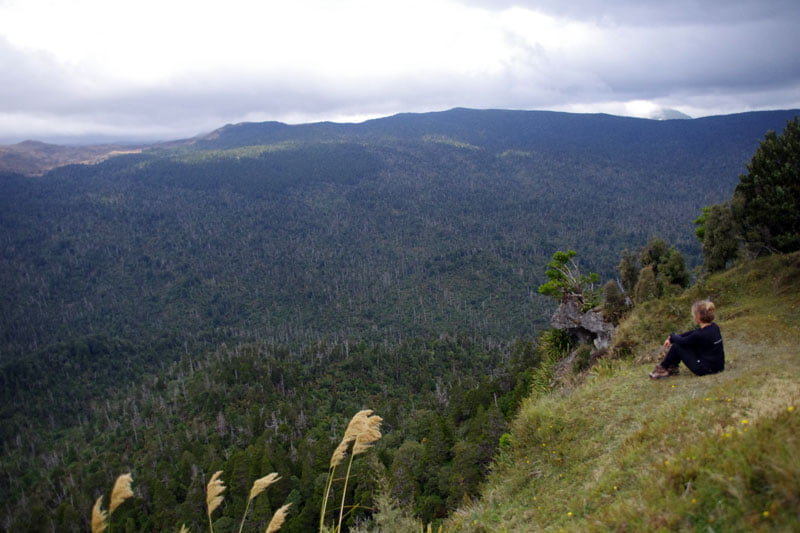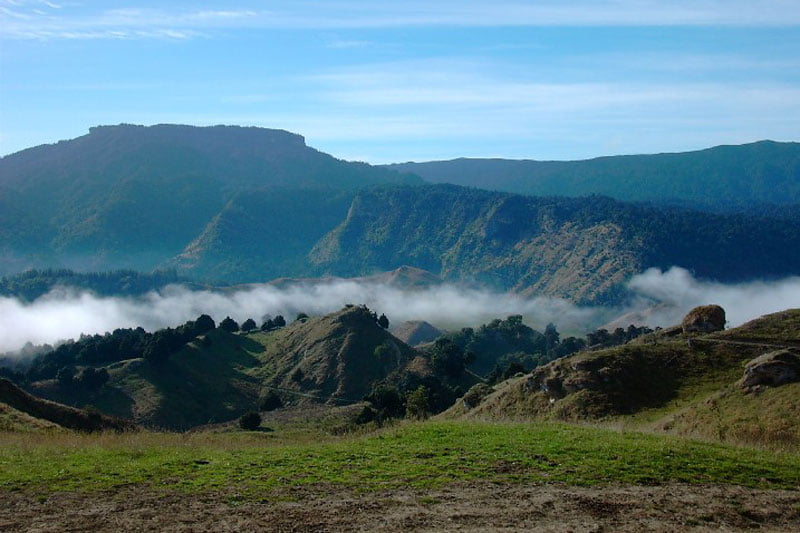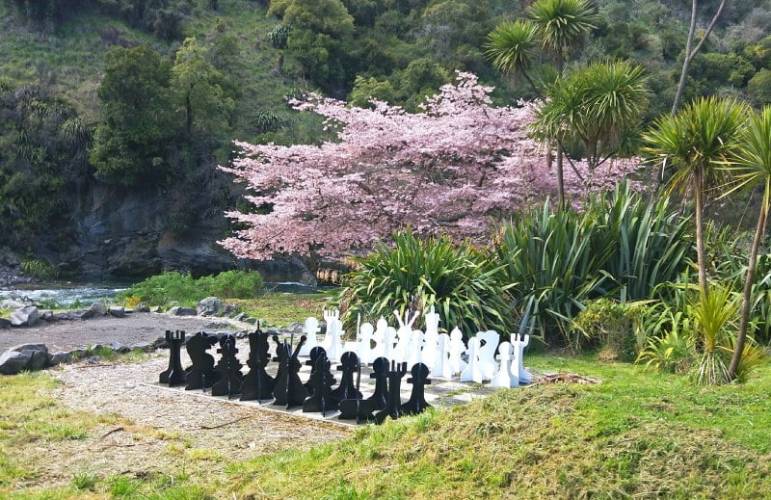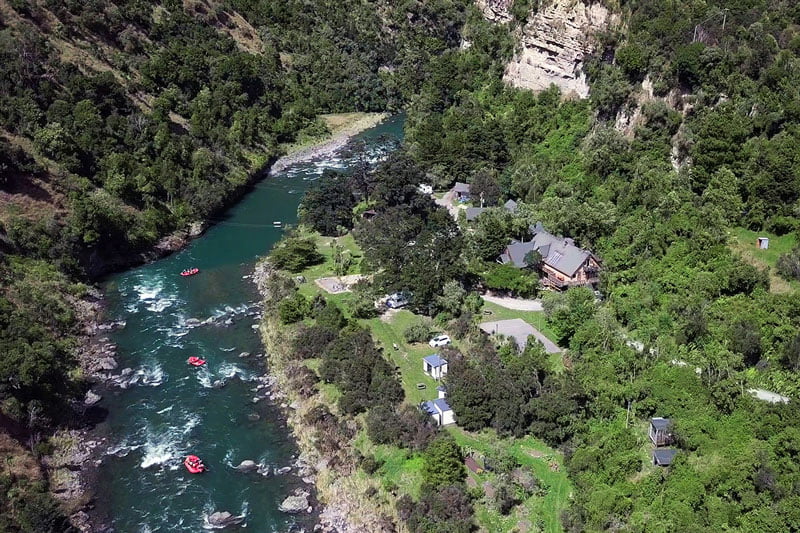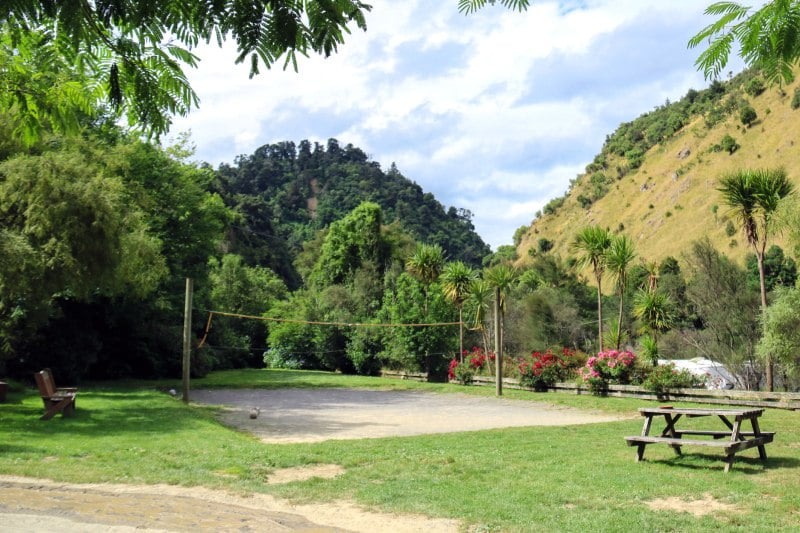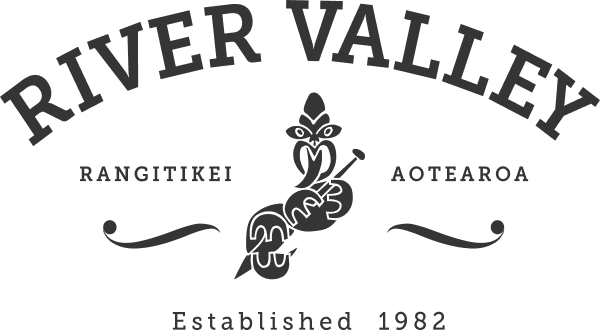Why Are The Rules Like This?
A few days ago, one of our senior river guides gave us a heads up that he had been offered a more “normal” job, a change of career, and that he was seriously considering taking up the offer. The job comes with a reasonable salary plus a house.
It is the latter that appears to be the clincher.
For him, his partner and small child, somewhere secure to live has been the issue. They were renting a small modern house on a neighbouring farm, but the farm has since been sold and they lost their lease. This put them in the position of staying with relatives until another solution presented itself.
Background
For those familiar with River Valley, you will know that we operate in a rural hill country sheep and cattle farming area, 30 minutes from the nearest town, Taihape. Most of the farms around us are relatively large and have no more than one dwelling for approximately every 600 hectares. What this means for us is that finding housing for permanent all year-round staff is very difficult. In some ways seasonal staff are easier as we bring in small portacom cabins for them which are quite adequate during the summer. Houses that are available are also sought by casual farm workers which makes the availability issue even more problematic.
As to why we do not build more houses ourselves, the problem is that we do not have enough land to put this idea into effect. The minimum sub division in our area is 2 hectares. Most of our farming neighbours are extremely reluctant to part with this much land.
However, the problem here is more than lack of housing. It is the effect on community.
Every time this happens, and this is not the first time we have lost valuable staff members for similar reasons, we not only lose precious years of experience, but our community, not just River Valley community, but our small district community, takes another blow.
Council Rules
The County Council rules appear to have been written to curb semi urban sprawl around towns in the form of lifestyle blocks. However, like most rules, there are unintended, or maybe they are intended, consequences.
These consequences include the lack of opportunity for more people to live and work in more distant (from a town) rural areas. These people would bring diversity, and no doubt strengthen these communities.
These are the Rangitikei District Council rules:
Class 3 or lower soils
- For existing titles of more than 20 hectares – two additional titles of a minimum of 2 hectares.
- For titles between 10 and 30 hectares – one additional title of 2 hectares.
- For titles of less than 10 hectares – no new titles, but boundary adjustments between existing titles may occur.
A question that must be asked, why 2 hectares? 2 hectares is a large area. Not everybody wants enough land for a kid’s pony, but they probably do want enough for a vegetable garden. These rules need a rethink.
I think the other noteworthy point is that 50 years ago, living in an area like ours could be quite isolated. This is no longer the case. There is reasonably fast internet, good roads, and reliable vehicles. The half hour drive to town is less time in a vehicle than most people would experience commuting in any major city.
Our Problem Is Not Unique
It would be very easy to say that the problem of housing and retaining staff is unique to River Valley. However, some form of it is common throughout rural areas. Difficulty in finding and in some cases housing staff is an ongoing issue for many farms.
I contend that being a part of a strong diverse community, and the availability of secure long-term housing would be a powerful drawcard for many people who sought a change of career or wanted to get out of the city.
Imagine This
Imagine a rural landscape that welcomed diversity in all it’s forms. A landscape that did have more people in it, with those people pursuing a variety of interests, and utilising the land in niche ways. These niche enterprises would not need hundreds of hectares to be viable.
There would be more homes, and more children.
But first maybe we need to change our vision of what a rural landscape should look like, and that means changing old out-dated rules that belong to the middle of last century, or even the century before.
Brian Megaw



